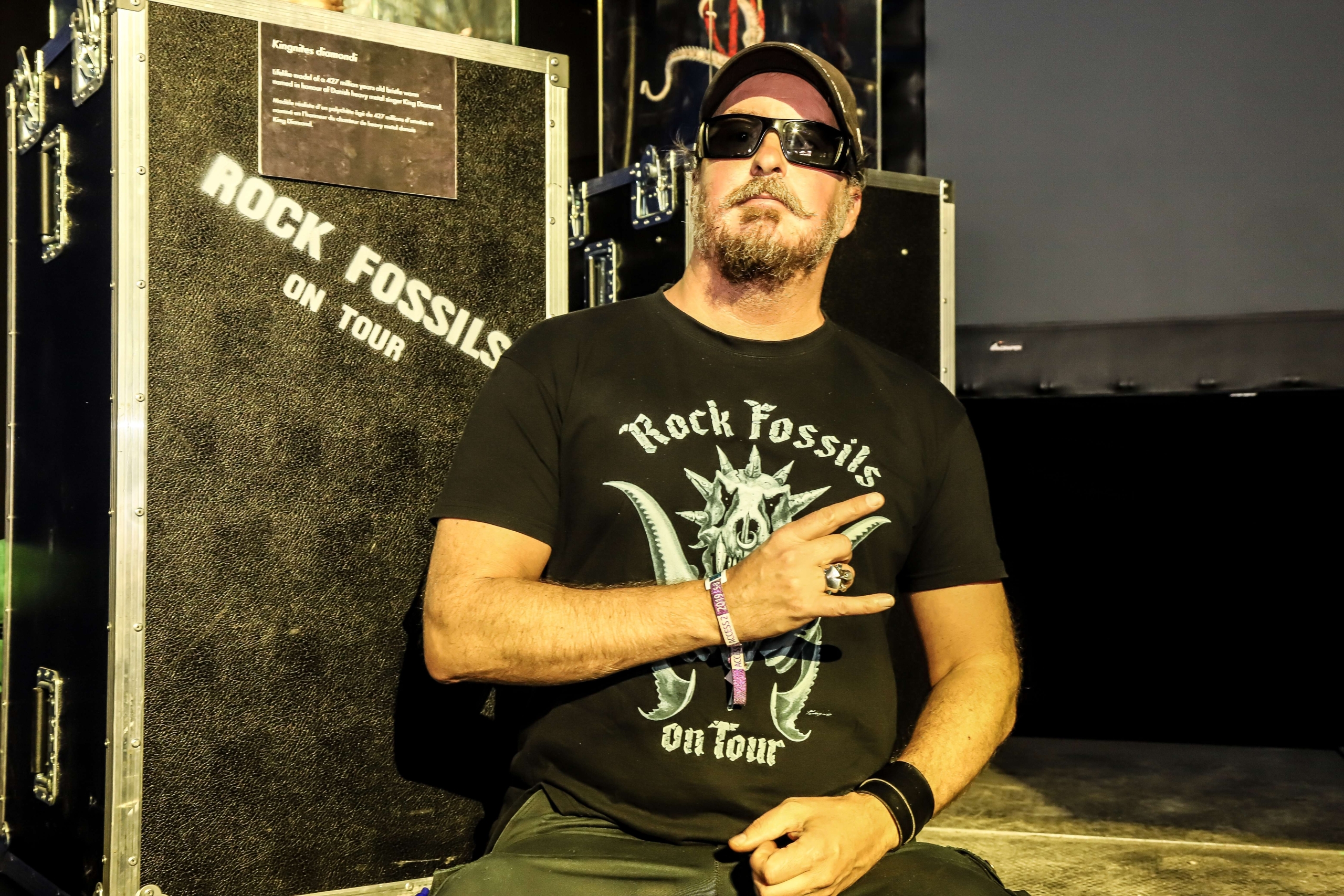Crastina is a platform for the exchange of experience, knowledge and inspiration regarding both scientific peer-to-peer communication and science dissemination
- What? An international network of (mostly young) people who love to communicate science & tech.
- Why? We think science needs to be communicated with more passion and professionalism.
- Where? On our website with interviews & resources + on social media + on Skype and IRL.
- Who? A content group (the Crew), a think tank (the Academy), + lots of friends & contacts.
- When? Right now – as a matter of fact, we’ve just geared up.

Darwin day celebrated all over the world on February 12
It’s time for Darwin Day! On his birthday anniversary, February 12, the father of evolutionary theory is celebrated all over the world.

Autistic traits, science and the nerd stereotype (Piotr Migdał, February 2016)
“There is a stereotype of scientists and engineers being aloof, unaware of social conventions and perhaps even exhibiting autistic traits. Recent research show that STEM students are indeed more autistic than the general population.” By Piotr Migdał, Ph.D., quantum physicist turned into a data science freelancer.

How Life Science Network can create networking opportunities for scientists
Life Science Network, lifescience.net, helps scientists boosting their networking skills in no-time. Here, the founder Alen Piljic explains why scientists need to join.
As a scientist it is crucial to have a well established network to…


















